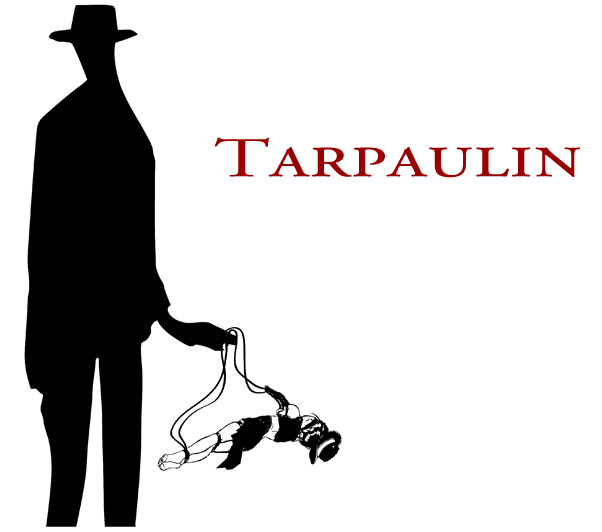 The Book of Samuel
The Book of SamuelEric Raschke
St. Martin's Press, 2009
Paperback: $9.99; 264 pages.
reviewed by John McCaffrey
Like all good fiction, Eric Raschke’s debut novel, The Book of Samuel, both captures and transcends time, meaning it provides readers with a detailed depiction of a particular place and moment in history, while exploring themes that have given men and women pause since antiquity. In this case, it is the suburban, ranch-house tundra of 1980’s Denver that serves as a fixing point for Raschke’s subtle yet steady probe of spirituality, family life and societal movements.
The book is narrated by Samuel Gerard, an adolescent whose view of the world – whether it be from the banana seat of a huffy or the bended knee of his Christ-obsessed father – falls somewhere between Tom Sawyer and the Terminator. More accurately, Samuel is Beaver Cleaver (his family actually lives on Cleaver Street) with an edge, a wide-eyed innocent who bathes each night with floating battleships and by day ignites dumpster garbage with found lighters. With his mother and father in a marital holy war and perched (negligently so) at polar ends of his ideological development, Samuel must find his own way in life. Like a tortoise without a shell, he inches forward from one calamitous experience to the next, absorbing the pains of maturation without protection, emotional blows that leave no trace on the skin but on his soul.
Raschke’s writing style is crisp, conversational and magnetic. The story in the Book of Samuel is told in a linear, forward-moving fashion, with short chapters broken into quick-hitting sections. Yet the book is not fast paced, it is calm and constrained, in parts methodical, but without repetition and always full of quirky surprises and sharp contrasts. For example, Samuel’s immediate family includes a far-left liberal mother who is working to test ground water pollution in the area, his father, a former professor and author who believes himself to be a messiah-like instrument of God and spends time mapping out bible passages in a backyard tent, and a holocaust-surviving racist grandmother who denigrates the T.V. Jefferson’s and their right (and all black people) to “move on up.” Samuel is also influenced in his thinking by a cadre of broken-home, bike-riding misfits who wage battle against Mexican immigrants and nubile girls who spark his hormones and provide his inquisitive brain with alternative ideas then what arises from his dysfunctional family.
While one can imagine connection between The Book of Samuel and South Park, the popular animated television series and satire on conservative and religious mores set in central Colorado, Raschke’s tome is a much more blunt and effective instrument in smashing down societal walls. Yet this destruction is never mean-spirited – Samuel is without guile and absorbs knowledge and ignorance, wisdom and hate, all what life has to offer, like a sponge. It is when twisted and constricted, put through the proverbial ringer, that the essence of the story drips out and Samuel, acting as a human distiller, taking in all that is good and bad around him and releases, to the reader, the truth.
*****
John McCaffrey received his Master's Degree in Creative Writing from City College of New York. His short stories and reviews have been published in numerous literary journals and have been anthologized in Flash Fiction Forward. He recently completed his first novel, "The Book of Ash." To see more of his published work, access www.jamccaffrey.com




